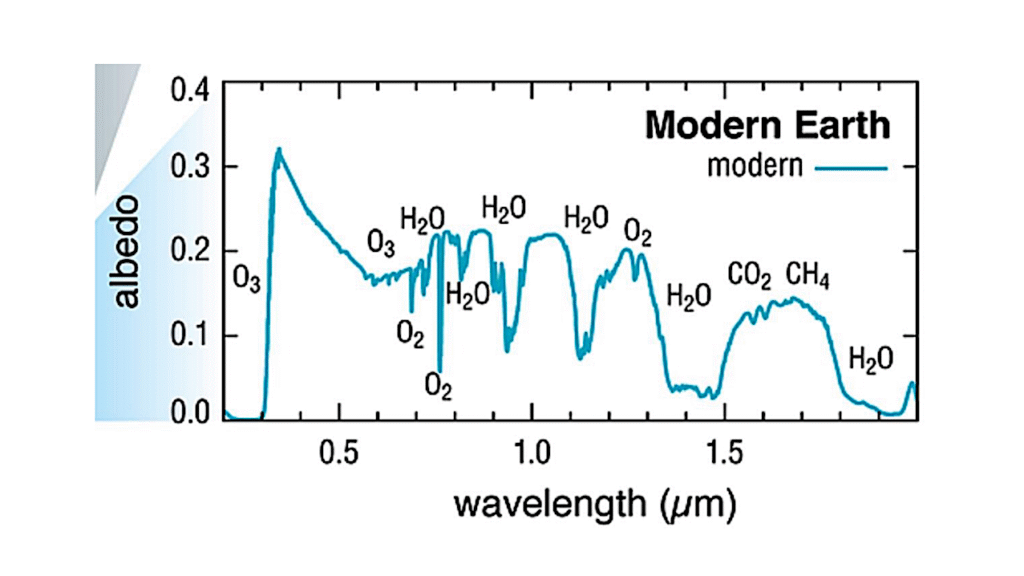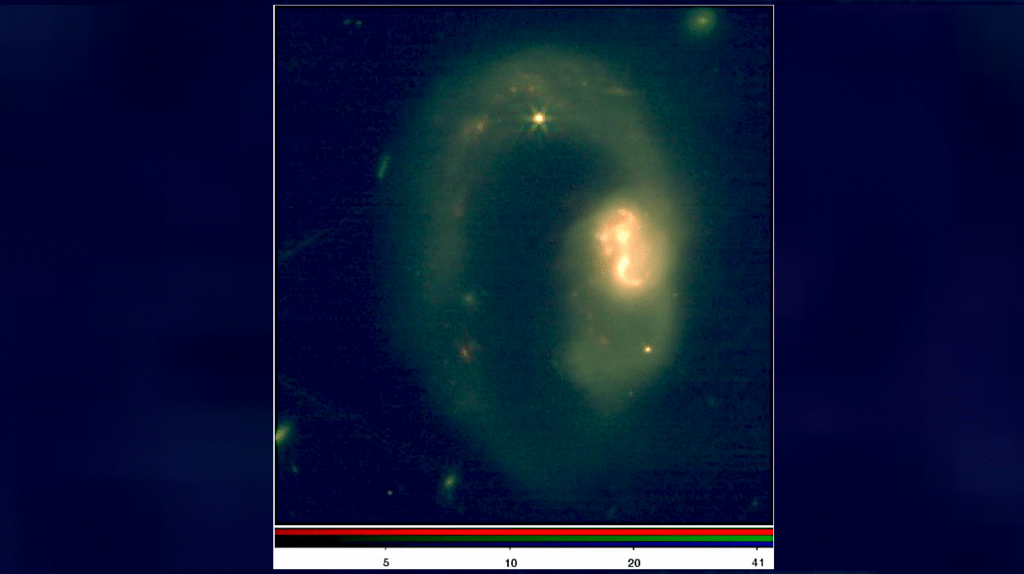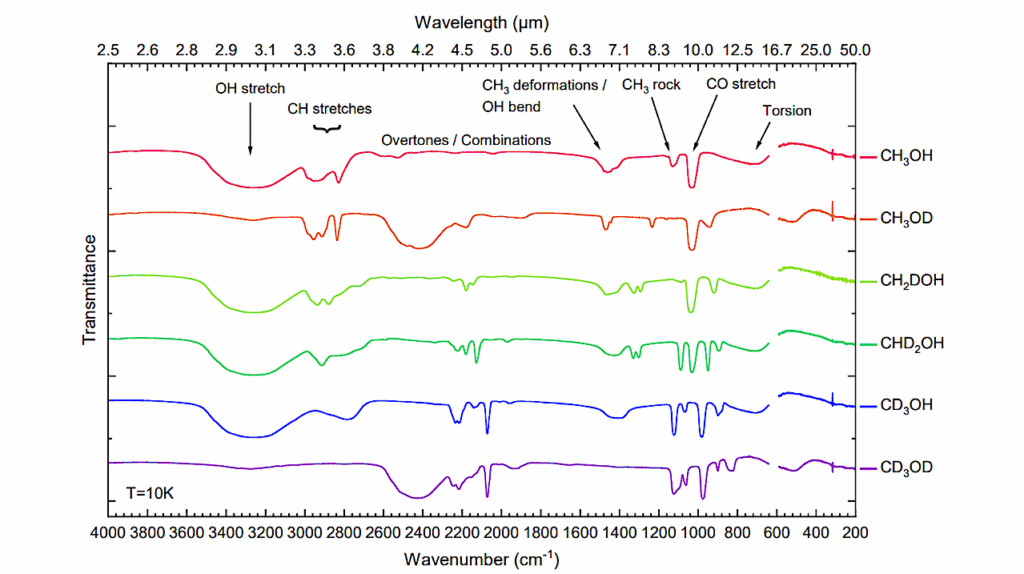Report: Data-Driven Approaches to Searches for the Technosignatures of Advanced Civilizations

Humanity has wondered whether we are alone for millennia. The discovery of life elsewhere in the Universe, particularly intelligent life, would have profound effects, comparable to those of recognizing that the Earth is not the center of the Universe and that humans evolved from previous species.
There has been rapid growth in the fields of extrasolar planets and data-driven astronomy. In a relatively short interval, we have seen a change from knowing of no extrasolar planets to now knowing more potentially habitable extrasolar planets than there are planets in the Solar System. In approximately the same interval, astronomy has transitioned to a field in which sky surveys can generate 1 PB or more of data.
The Data-Driven Approaches to Searches for the Technosignatures of Advanced Civilizations_ study at the W. M. Keck Institute for Space Studies was intended to revisit searches for evidence of alien technologies in light of these developments. Data-driven searches, being able to process volumes of data much greater than a human could, and in a reproducible manner, can identify anomalies that could be clues to the presence of technosignatures. A key outcome of this workshop was that technosignature searches should be conducted in a manner consistent with Freeman Dyson’s “First Law of SETI Investigations,” namely “every search for alien civilizations should be planned to give interesting results even when no aliens are discovered.”
This approach to technosignatures is commensurate with NASA’s approach to biosignatures in that no single observation or measurement can be taken as providing full certainty for the detection of life. Areas of particular promise identified during the workshop were () Data Mining of Large Sky Surveys, () All-Sky Survey at Far-Infrared Wavelengths, () Surveys with Radio Astronomical Interferometers, and () Artifacts in the Solar System.
T. Joseph W. Lazio, S. G. Djorgovski, Andrew Howard, Curt Cutler, Sofia Z. Sheikh, Stefano Cavuoti, Denise Herzing, Kiri Wagstaff, Jason T. Wright, Vishal Gajjar, Kevin Hand, Umaa Rebbapragada, Bruce Allen, Erica Cartmill, Jacob Foster, Dawn Gelino, Matthew J. Graham, Giuseppe Longo, Ashish A. Mahabal, Lior Pachter, Vikram Ravi, Gerald Sussman
Comments: Final Report prepared for the W. M. Keck Institute for Space Studies (KISS), this http URL ; eds. Lazio, Djorgovski, Howard, & Cutler; The study leads gratefully acknowledge the outstanding support of Michele Judd, KISS Executive Director, and her dedicated staff, who made the study experience invigorating and enormously productive
Subjects: Instrumentation and Methods for Astrophysics (astro-ph.IM); Earth and Planetary Astrophysics (astro-ph.EP); Popular Physics (physics.pop-ph)
Cite as: arXiv:2308.15518 [astro-ph.IM] (or arXiv:2308.15518v1 [astro-ph.IM] for this version)
Related DOI:
https://doi.org/10.26206/gvmj-sn65
Focus to learn more
Submission history
From: Joseph Lazio
[v1] Tue, 29 Aug 2023 17:29:59 UTC (34,339 KB)
https://arxiv.org/abs/2308.15518
Astrobiology








